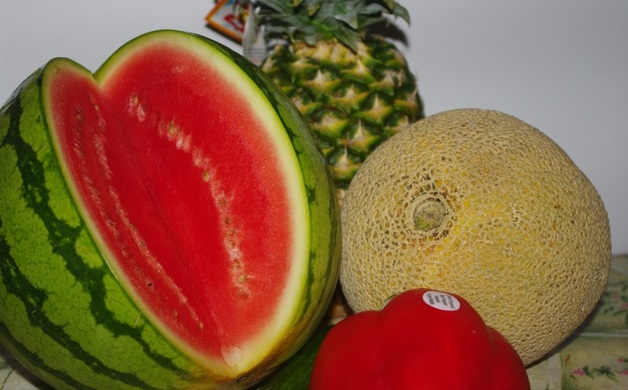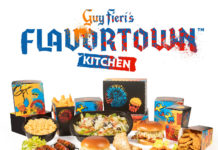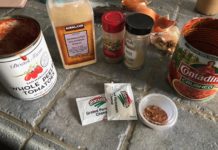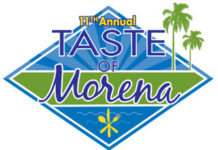Do you buy soda, candy, beer and snacks? What if you buy less ‘junk’ and use the savings for organic food? If you do away with items of little or no nutritional value, buy less meat and add more vegetables, you may find even with organic nonGMOs you stay within your budget.
Most non-organic foods grow as huge monocrops, year after year, on the same soil. This method depletes soil nutrients and has a negative impact on biodiversity. Chemical fertilizers help, but leave nonorganic foods with lower levels of micronutrients. The best option is local sustainably farmed organic nonGMOs.
Sometimes organic foods are cheaper, but usually they are more because non-organic is subsidized. Organic farmers pay hefty fees for organic certification. Maybe the non-organic farmers should pay fees for using herbicides, pesticides and chemical fertilizers that poison our land and our pollinators. Losing our pollinators would mean losing 30% of the foods we eat.
Where can you get organic foods? Sprouts, Trader Joe’s, Jimbo’s, Haggen, Whole Foods, Costco and Vons have organic selections, but the best choice is to support our local farmers directly by going to a farmer’s market near you. Try the Clairemont Farmer’s Market by Madison High School 4838 Dolivia Drive, Saturdays from 9am-3pm.
Choices for eating out include LOVING HUT, with two San Diego locations, and NATIVE FOODS, both delicious healthy vegan choices, using as much organic nonGMO foods as possible, CHIPOTLE’S, which is now 100% GMO free, and YOSEMITE ORGANIC CUISINE a newer restaurant at UTC mall that I hope to try.
You don’t need organic foods if you spend tons of money on micro-nutrients and are not concerned about our planet’s future. Buying non-organic foods supports companies like Monsanto who are interested only in profits through selling more GMO seeds and pesticides to use on them. Or just eat nonGMO organic!
Email: butterfliesisee@yahoo.com




